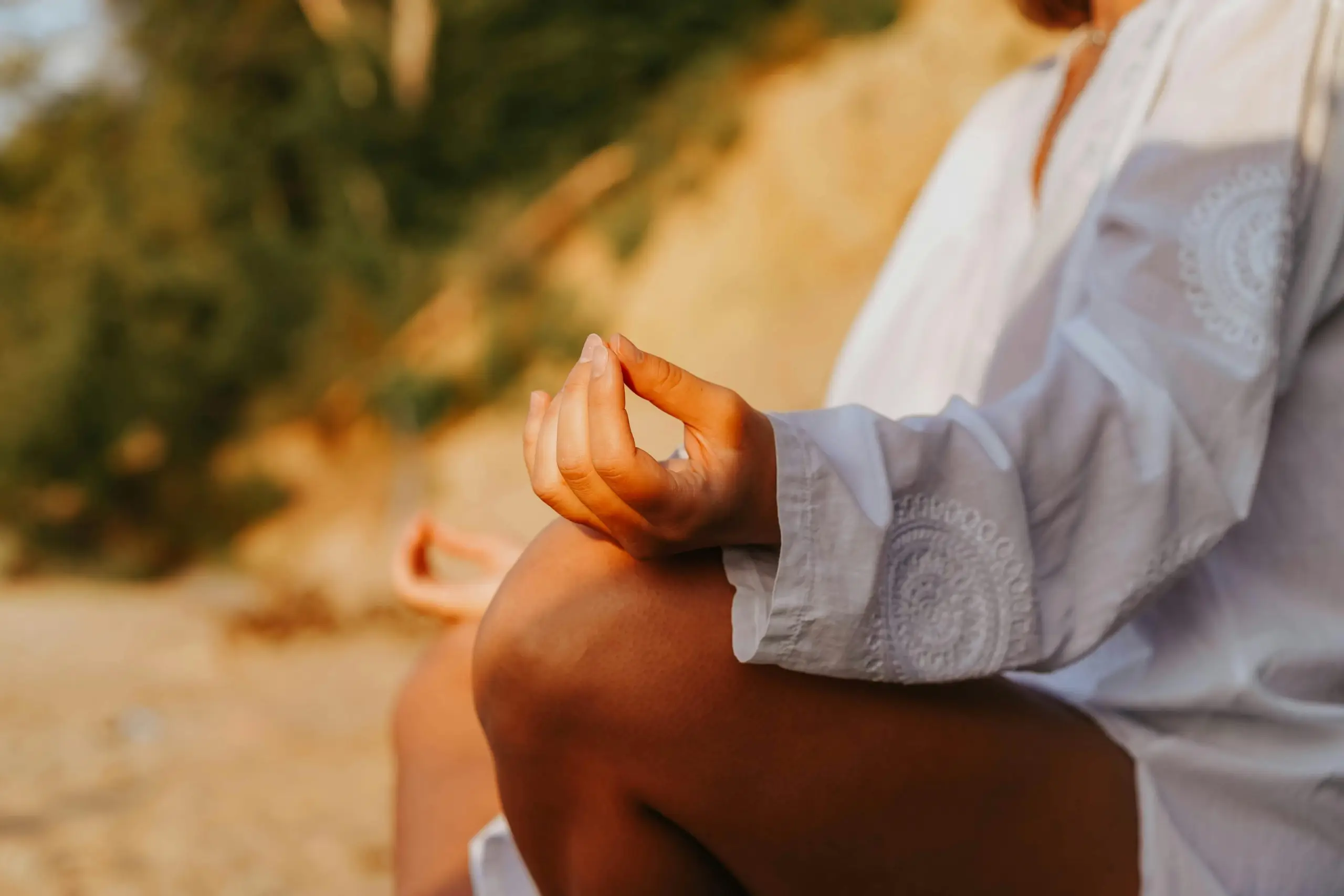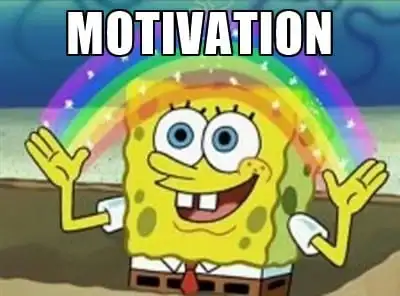Practice. This is how 19-year-old Asha graduated from the IB in 2021 with a whopping 45 points. She has been teaching chemistry, maths and biology with Lanterna since April. After crushing the IB, she set sail for London and is now amid her biochemistry bachelor’s at UCL, taking the world by storm.
Obviously, Asha did exceptionally well. So, I asked her some questions, which she kindly took the time to answer with intriguing insights. Now, we can all learn from one of the greats and hear how she crushed the IB!
—What are your tips for managing the intense workload during the IB? Especially now, with the IA’s and EE picking up, it seems there is hardly any time to do anything but practice and write.
I’d say the best way to do it would be to create a structured work/revision plan. For example, you can set an hour aside every Saturday to design a work plan for every day of the next week and what you will finish then. I learned that it was better to be consistent with work than to rely on being motivated. Motivation comes and goes. Consistency, however, is like a safety net that keeps you from falling. These couple weeks were some of the most stressful of my life, and I found it immensely helpful to have a plan to rely on when my motivation ebbed.
—How did you take notes for your subjects? Was it different for different subjects?
During class, I’d try my best to write down almost everything the teacher was talking about, and then I’d go over them once more at home . This method was my revision/note-taking format for chemistry, biology, and psychology. For maths, it was mostly just to do as many questions as possible and learn the general formulas/problem-solving format. For languages (English and French for me), my strategy was to keep reading the texts and any examples of essay answers provided. Occasionally, I would write a practice essay to keep my writing skills fresh.
—How would you recommend you revise and practice your subjects of expertise (maths, bio, chem)?
Maths: Revise and practice questions as often as humanly possible. Maths is one of those subjects where you only get better with practice; you can’t just learn problem-solving theory and expect to be able to do the actual problem-solving perfectly. Start solving 5-10 past paper questions daily and slowly work through the IB question bank. There are possibly thousands of questions out there, so it’s impossible to run out.
Bio: Reread your textbook/notes every single weekend. Biology is essentially a purely memory-based subject, so you’ll need to know the details of every process and how to explain it. Regular revision trumps mugging everything up right before the exam. So, try to stay on top of it. Practice past papers now and then to see if you can apply your knowledge.
Chem: This is a combo of my bio/math revision strategies. It’s a mixture of regularly rereading/revising my notes so that I can describe and explain processes according to the mark scheme and also frequent problem-solving since chemistry involves many calculations.
—When you need a break from constant practice, how would you recommend an IB student relaxes “productively?”
Try to relax and take a break while still doing something worthwhile. For example, take breaks in between revising to do basic things like cook/eat, exercise, spend time with friends/family etc. Studying every day till 2 or 3 am without a break will never help you if you don’t refresh your mind now and then. Breaking up your day into defined study periods and defined “fun”/”rest” periods makes things a whole lot easier.
—What was the biggest lesson you took from graduating the IB with 45 points?
The honest answer is that, in the end, it didn’t matter as much as I thought it would. I’m in my second year of uni now, and it’s a very different environment from high school. Your grades don’t matter as much as they used to (of course, they’re still very important, though!). Still, everyone here (including you) has come from around the world and had their high school curriculums and experiences. You are beginning a new chapter of your life that is entirely different from your school environment. You meet some people who took the IB, and it’s nice to talk/bond over it for a bit.
But, on the whole, it doesn’t really make much difference whether you graduated with a 45/44/43 or anything else. You still have your entire life ahead of you and new challenges and experiences that make high school seem minuscule in comparison. Do not stress the fine points too much. High school was a fun experience which I loved, but I’m happy to have moved on and left it behind me.
—What would you have done differently were you to retake the IB?
I would have started my IAs and EEs way sooner. It would have saved me a lot of stress come October/November of the second year when the deadlines seemed to hit. I probably would have tried not to stress or lose sleep over work. Developing a caffeine addiction was entirely unhelpful.
—How do you feel you have helped your students manage the IB?
I provide support whenever and however I can and check in on them frequently The best I can do is listen to them vent about the amount of work they have to do and offer sympathy/advice, I understand what they’re going through, having been there before.
Thanks a ton to Asha for taking the time to make us all smarter! If you want to get tuition with Asha, you can simply go through this link and ask for her or any other tutor!
There is a lot for us to learn from someone like her; implementing her tips and listening to her advice can make your life much easier!



